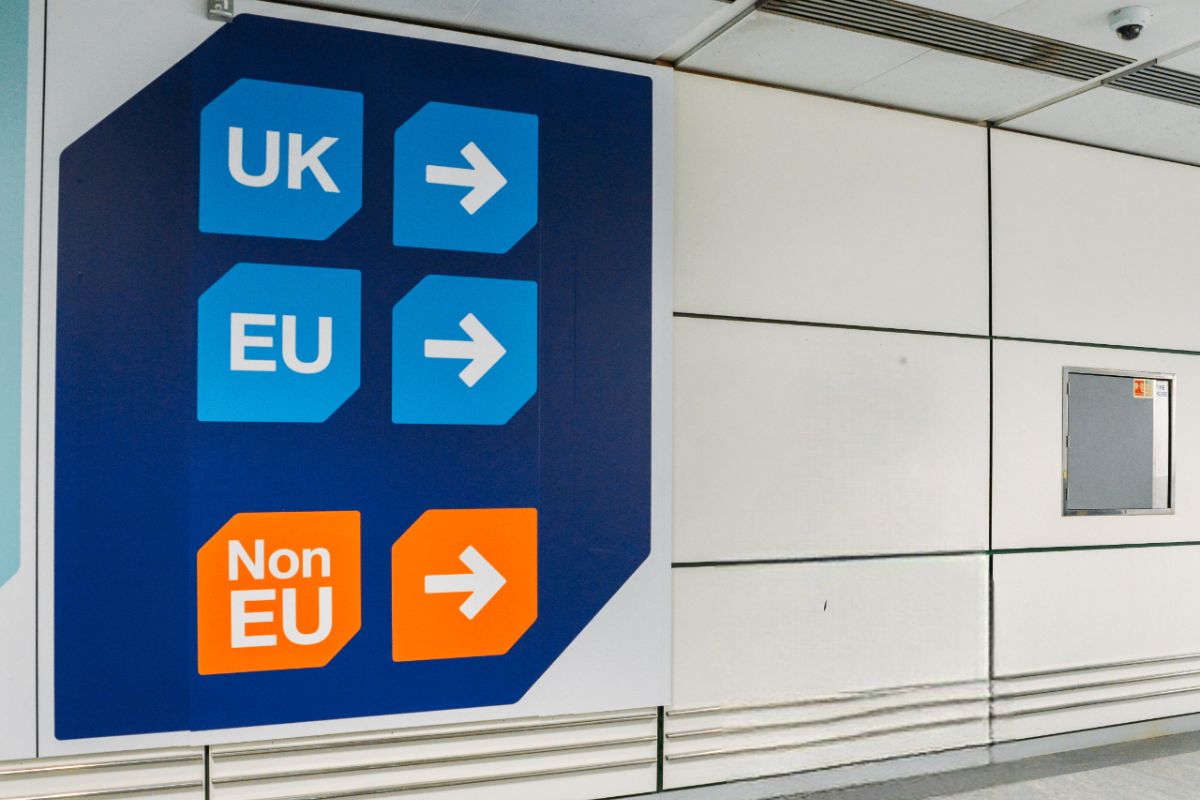
France’s Ports of Normandy Director, Jérôme Chauvet, announced that non-EU citizens holding long-stay visas will be exempt from the EU’s upcoming Entry/Exit System (EES) border regulations. This exemption means that these travelers will not be required to register with the EES when entering France.
Long-stay Visa Holders Spared
Chauvet clarified that a significant group of travellers will be exempt from the EES: individuals with long-stay visas will not need to undergo pre-registration procedures under the new system.
“EES won’t be applied to people with long-stay visas,” Chauvet stated, emphasizing that these travelers are excluded from the EES requirements, which are set to take effect soon.
EES: Who Must Register and Who Is Exempt?
The Entry/Exit System (EES) requires registration from all non-EU citizens entering the EU for short stays, including those needing a Schengen visa. However, non-EU citizens with long-stay visas are exempt, as they are permitted to stay in the EU for extended periods with specific permits.
Required to Register in EES:
- All non-EU citizens entering the EU for short stays.
- Travellers need a Schengen visa.
- Those without long-stay visas, regardless of visa requirements.
Exempted from EES Registration:
- Non-EU citizens with long-stay visas.
- Individuals staying in the EU for extended periods with specific permits.
Uncertainty Over Queue Placement
While long-stay visa holders are exempt from the EES, the question of which queue they should join at border crossings remains unanswered. Chauvet suggested that they might join the non-EU queue, where they will wait alongside other foreigners who need to register.
Longer Queues Expected with EES
Jérôme Chauvet warned of the possibility of longer queues at French ports once the Entry/Exit System (EES) is in effect. Normandy Ports, which include Cherbourg, Caen-Ouistreham, and Dieppe, plan to use tablets to register foreigners traveling by car.
For those travelling by coach, kiosks will be available at terminals for completing the registration process.
Chauvet stressed that the new system could cause delays, as every traveller, except those holding long-stay visas, will need to complete the registration. The EES aims to streamline border checks, but it may initially lead to extended wait times at entry points.
Understanding the Entry/Exit System (EES)
The European authorities will implement the Entry/Exit System (EES), an automated border control system, on November 10, 2024. Designed to modernize border management, the EES will replace the traditional passport stamping process.
This system requires all foreigners, whether they need a Schengen visa for short stays or not, to register their entry and exit from the EU.
Registration Process for Foreigners
To register, travellers from non-EU countries will need to provide personal information, travel document details, and biometric data, including fingerprints and a facial image. The system will then record the date and location of their entry and exit from EU territory.
The main aim of the system is to detect overstayers, modernize border management, prevent irregular migration, and ensure security for European citizens, among others.
Conclusion
As France prepares for the EES rollout, the Ports of Normandy are making necessary adjustments to accommodate the new regulations. While long-stay visa holders will benefit from exemptions, all other travelers should prepare for potential delays as the EU strengthens its border management processes.
